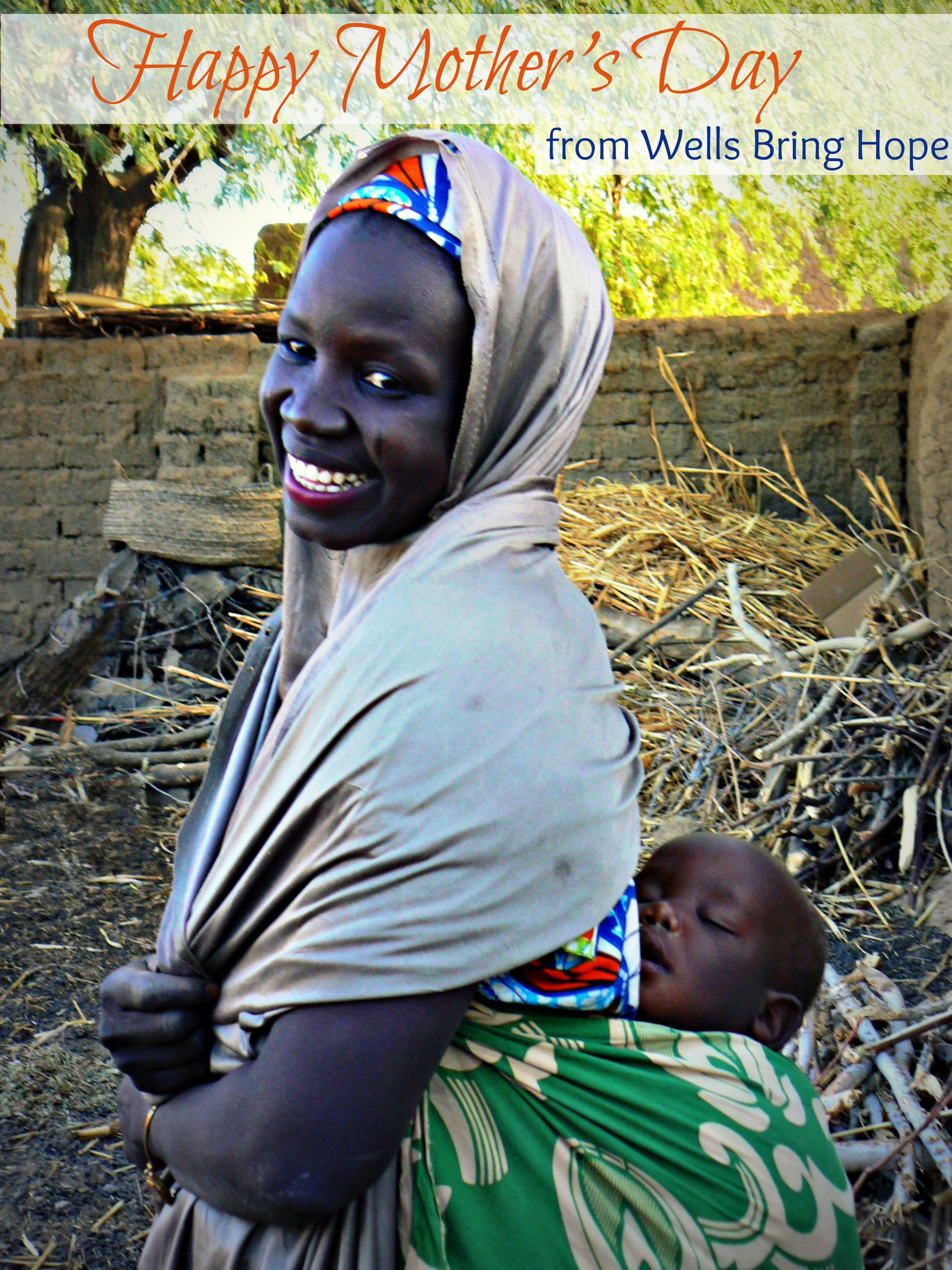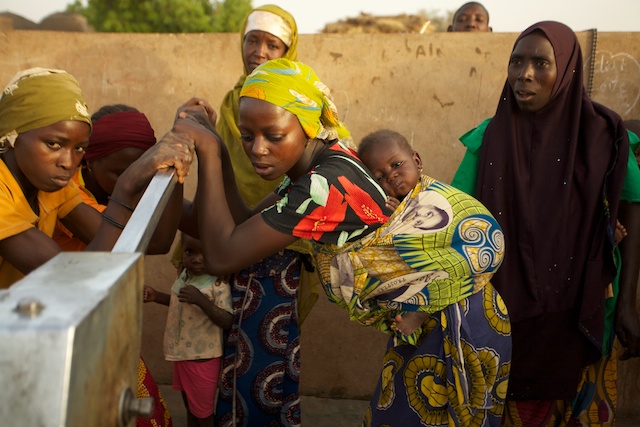 |
| photo by Barbara Goldberg |
A Recent Study Ranks Niger as the Worst Place to Be A Mother
Save the Children has released its 13th annual State of the World's Mothers Report, listing Niger as the worst country in the world to be a mother. The organization ranked 165 countries based on a number of factors, bringing to light the day-to-day struggles that lead to long term and sometimes fatal consequences in a mother's life. Most factors had to do with malnutrition, a problem that can often be solved by one simple thing: easy access to clean water.
With Mother's Day fast approaching we are all reminded of what it means to be a good mother. If you are lucky enough to have a loving mother whom you cherish, you understand the reason for this May holiday. Perhaps when you're picking out the best and brightest bouquet at the local florist, you are reminded of your childhood and the sacrifices your mother made to give you the best and brightest future. Unfortunately, as this report proves, many women are not given the opportunity to go above and beyond for their children. More often, they fall short of providing the basic necessities for their children due to circumstances that are out of their control.
Here are some statistics that demonstrate the grave state of mothers in Niger and other parts of the world:
-In Niger, 1 in 5 children dies before his or her 5th birthday
-171 million children (27% of ALL children in the world) are irreversibly mentally and physically stunted due to malnutrition
-In Niger, almost every mother will lose at least one child in her lifetime.
-Malnutrition is the cause of death of 2.6 million children a year
-Breastfed children are 6 times more likely to survive the early months of childhood
Nigerien women will walk for miles everyday to find and carry back as much water as they can to provide for their families. Because of this, mothers are often unable to breastfeed their babies, a necessary component of nourishment in the most crucial stages of the babies' lives. Human breast milk provides all the nutrients newborns need for healthy development and also provides antibodies that protect against illness.
This daily journey to find water also leaves no time for women to maintain jobs, earn income, or receive education about health and nutrition. The lack of water in Niger also trickles down to agriculture, making it difficult for villages to grow food and provide necessary nutrients to children and child-bearing women. Nearly half of stunted children were irreversibly effected in utero due to the malnourished state of the mother, often due to lack of clean water.
 |
| photo by Gil Garcetti |
To put it simply, drilling a well in a Nigerien village frees up roughly 50% of a mother's time. If nothing else, this gives her time to 1. breastfeed and 2. become educated in things like: how to provide long term nutrition to her family and how to obtain the skills necessary for earning an income. These two simple things could mean life or death to a child in Niger, and we can help.
This Mother's Day, we encourage you to see your own nurturing mother in the women of Niger. Take the time to think of the ways you can honor these mothers along with your own.
If you choose to donate in honor of your mother, grandmother, or other important woman in your life, we will send her a customized donation certificate featuring the photo above. Thank you, as always, for helping us save lives with safe water.

References:
Save the Children


